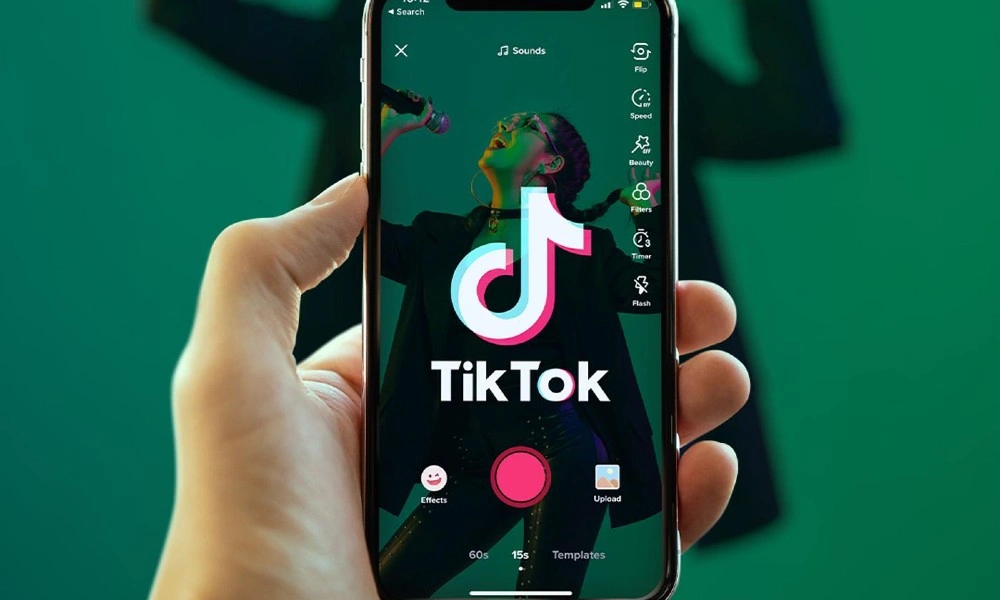TikTok is a must-have marketing tool for musicians and record labels.
Songs that have been out of the mainstream for decades can rise up naturally on the app. Marketers can also engage influencers to make a song go viral, resulting in a flood of user-generated content from their followers. Some musicians even arrange private listening sessions with TikTok influencers in the hopes of gaining traction on the app.
A global team works with artists and record labels, negotiates licensing deals with rights holders, and develops innovative ways for TikTok to translate its cultural influence into recurring revenue. It is now testing the display of “Hot 50” and “Viral” music charts in its app to some users. TikTok Music, a dedicated music-streaming service, was launched in five countries in July.
RELATED: TikTok, In Spite Of Ongoing Regulatory Scrutiny And Lawsuits, Announces A Broad Disney Partnership

Its music ambitions may ruffle feathers at record companies, especially as it expands into overlapping business lines such as artist services. For example, the company has struck direct deals with artists and courted SoundOn employees to “identify, sign, and develop new artists”; to “supervise the production of records and oversee all aspects of the recording process”; and to “design live show and merchandise strategies for artists globally.”
TikTok can avoid conflict with the music business by demonstrating to its partners how its many musical experiments will result in profits for all. Its ability to retain close relationships with big rights holders is crucial as the parties negotiate licensing deals.

“If they want to be a long-lasting platform, they need to kind of lock arms with artists in the music industry,” Jonny Kaps, cofounder and CEO of +1 Records, told Insider. “There’s money to be made all over the place here if it’s done in collaboration.”
RELATED: TikTok Is Experimenting With An Ad-Free Subscription Service, But Will It Be Popular With Users?
The constant focus on TikTok can be exhausting for artists. Performers such as Halsey and Charli XCX have made films in which they express their displeasure at being asked to make TikToks by their labels. Insider spoke with one singer, Taylor Upsahl, who said it may be “really stressful” to combine social promotion, traveling, and creating and producing new music.
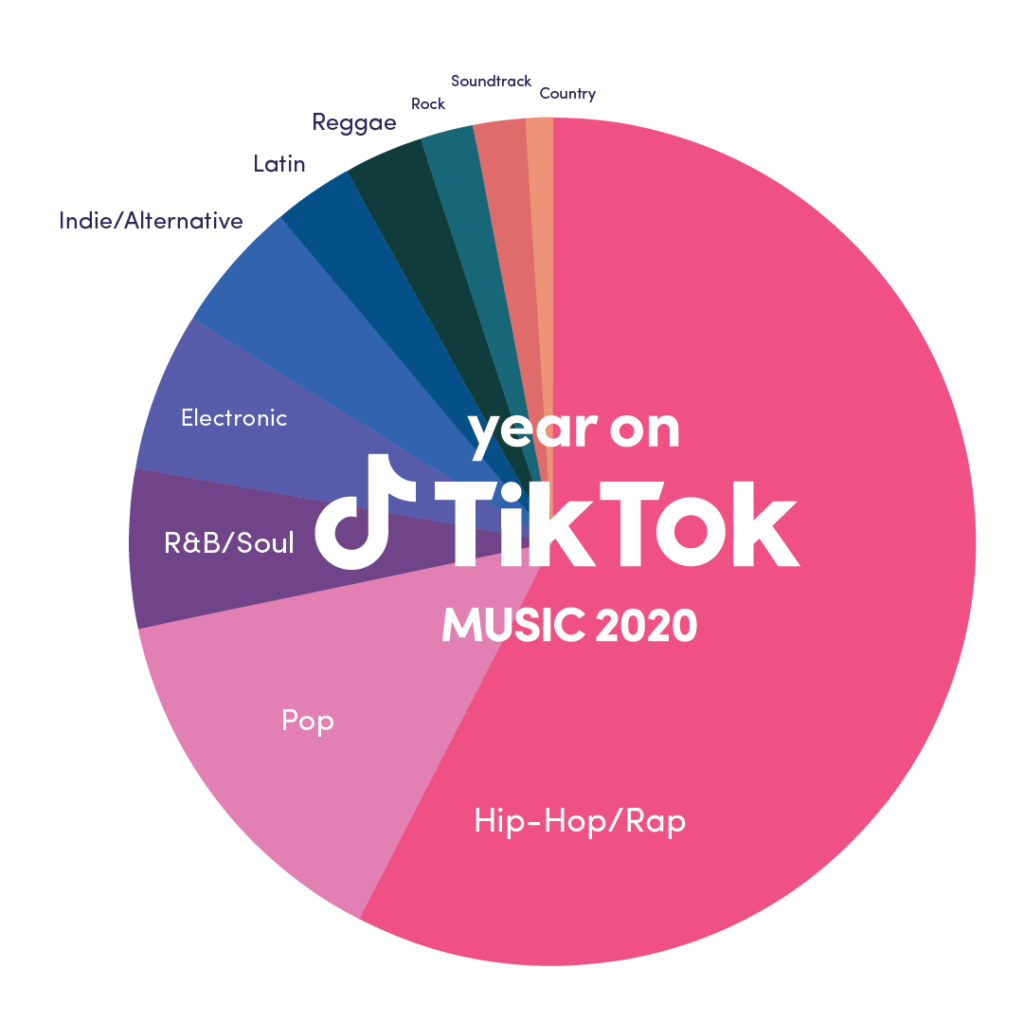
However, the industry’s fascination with TikTok is not baseless. Songs that go viral on TikTok frequently chart on the Billboard 100 or Spotify Viral 50. According to a November 2021 survey conducted for TikTok by the music-analytics company MRC Data, 67% of the app’s users are more inclined to seek out songs on music-streaming platforms after hearing them on TikTok.
TikTok has evolved into a destination for labels to promote both new releases and back catalog tunes. In addition, a new group of social-media music marketers has emerged to help with app promotion.
Insider has compiled a list of the 23 music marketers, musicians, digital creators, record labels, and other industry insiders who are use TikTok to help define popular music.
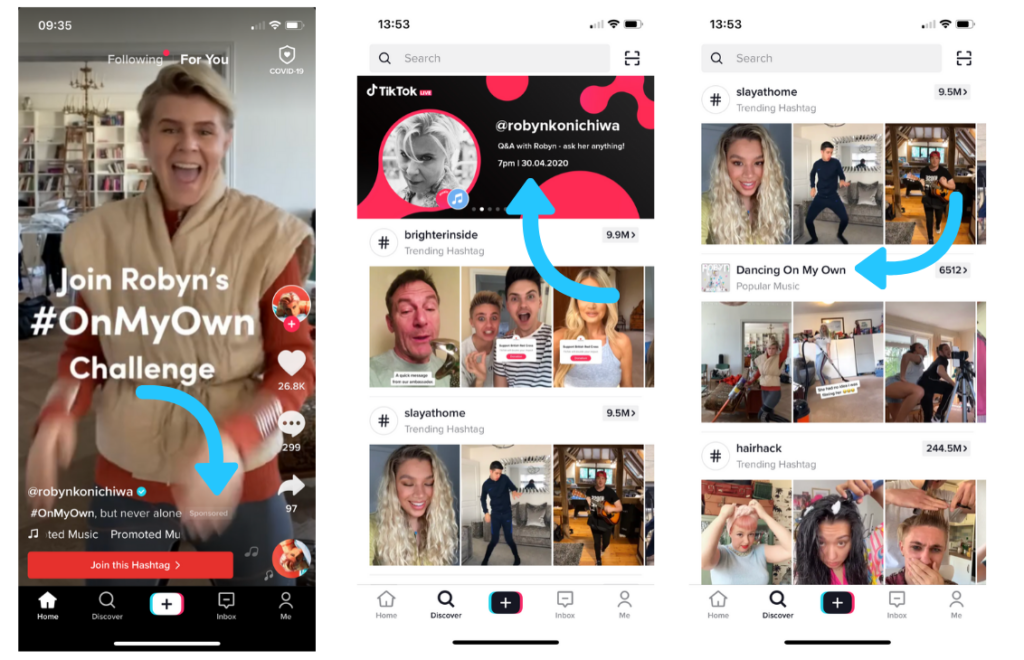
“TikTok has really become a critical part of artist storytelling,” said Kristen Bender, SVP of digital innovation strategy and business development at Universal Music Group, during a webinar on TikTok’s impact on the music industry. “Our labels have been extremely leaned into the platform.”
The trend of combining short-form video with music has gone beyond TikTok to other platforms such as Snapchat, YouTube, and Instagram. Lyor Cohen, YouTube’s top music executive, told GQ in November that short-form video is one of his main priorities for the company’s music strategy.
RELATED: In Europe, TikTok Was Fined $368 Million For Failing To Protect Children
“Every short-format platform now has music on it,” Ted Suh, Snap Inc.’s worldwide head of music partnerships, told Insider. “All this engagement on these types of services is really leading to the music industry finding incremental business value, whether it’s leveraging this data to help them get radio play, or more spins on Pandora, to even kicking off national tours.”
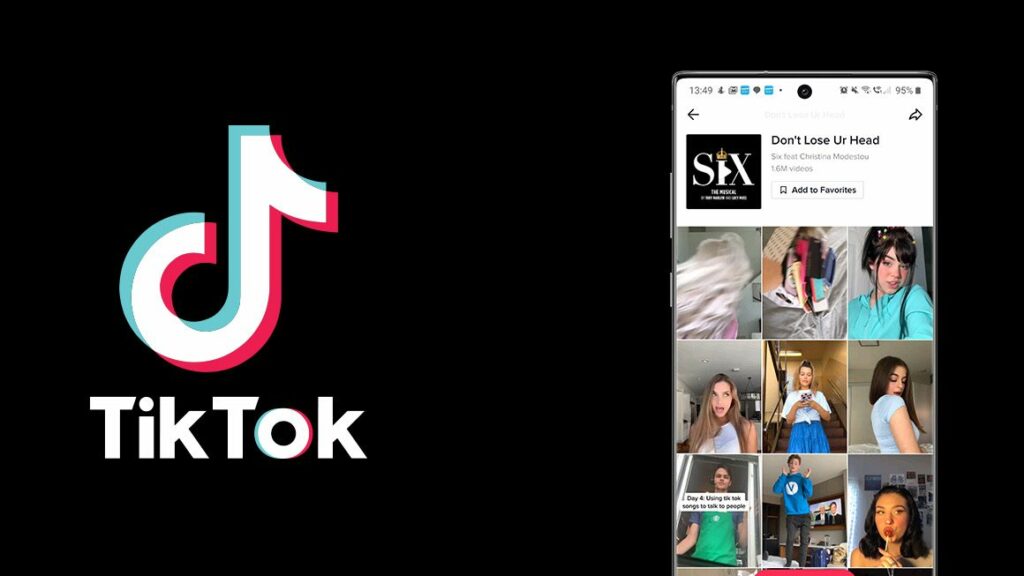
TikTok song promotion arrangements between music marketers and influencers have become an important source of money for TikTok creators. Some users can earn hundreds or even thousands of dollars for promoting an artist’s track in a single video.
“Music marketing on TikTok is huge,” said Jesse Callahan, founder of the new marketing agency Montford Agency. “It’s a significant way that labels have brought artists into the spotlight in recent years.” It’s also a significant source of income for creators.”
As TikTok’s user base has increased and content has gotten more saturated, marketers are turning to micro influencers for song campaigns rather than celebrities.
“The price point for mega stars is extremely high,” said Zach Friedman, a cofounder of Homemade Projects, which was acquired by 10K Projects. “Because of the way the TikTok algorithm works, it’s difficult to predict what will be successful.” Rather than paying a premium for a D’Amelio, you might pay a micro influencer $200 and have their TikTok receive 10 million views. As a result, it is preferable to throw a wider net.”

Working on music marketing with non-influencer accounts
While engaging influencers to start a music trend is a tried-and-true tactic, record firms also fund general-interest accounts to place tracks in the background of videos.
Working with a non-influencer account, such as one that posts close-up images of slime or videos of a hydraulic press crushing strange objects, can be an equally successful approach to build interest in a song, according to music marketers.
“Using these accounts like the hydraulic press accounts are helpful with giving the song a chance to sort of work outwards first, and just kind of get in front of people and make the algorithm aware of it,” Dan Asip, founder and CEO of Acrophase Records, stated
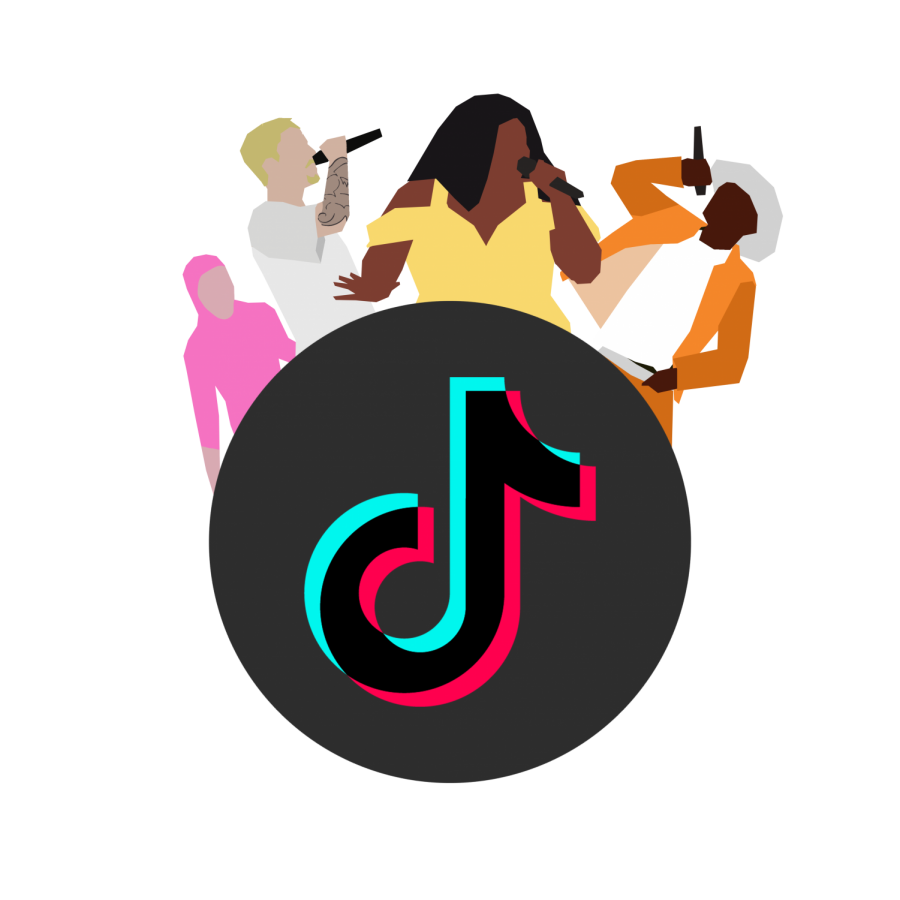
Creating TikTok music challenges to encourage user-generated content
And some marketers are allowing social media users who aren’t typically considered influencers to be compensated to promote music.
Labels and musicians can use platforms like Pearpop and Preffy to develop user-generated video challenges that invite users with any size following to receive compensated on a sliding scale for participation in a song or artist campaign. TikTok has also tested its own in-app challenges offering.
RELATED: TikTok’s New E-Commerce Store May Be Coming To The United States Soon
“The initial way influencer marketing would work would be you would go and pay a few people with big followings, but it would be like throwing a few big logs onto a non-existent fire,” Cole Mason, co-founder and CEO of Pearpop, told Inside “With challenges, there’s a way to actually start the fire.”
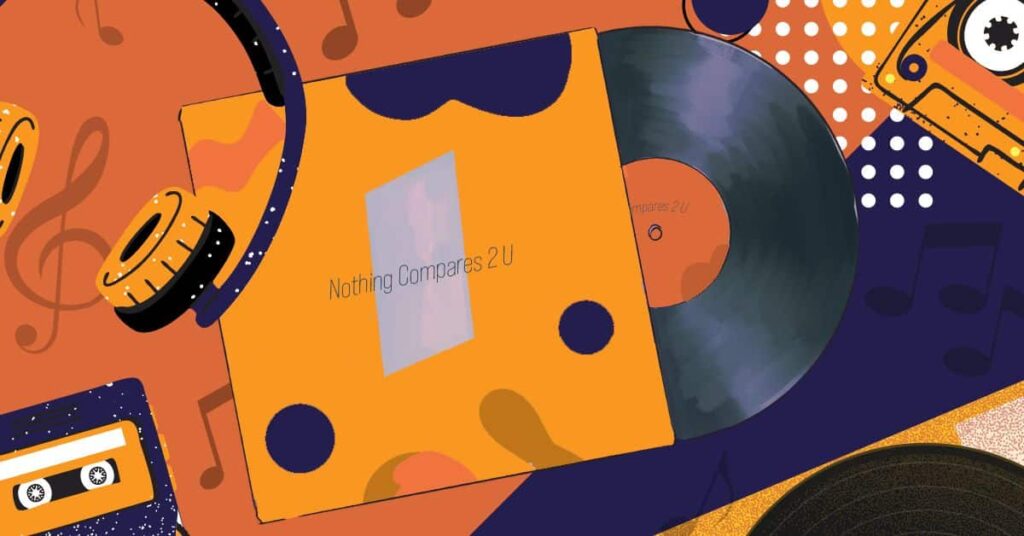
Augmented reality effects can also help songs gain popularity.
Marketers are constructing unique AR filters that feature a specific song in order to enhance plays for that track in user-generated videos, in addition to organizing music challenges and engaging with influencers and general-interest accounts.
Unlike influencer campaigns focusing on a dance challenge or a comedy skit, marketers told Insider that adding AR effects to videos is a low-lift approach to get consumers to engage with a song.
“There’s not always a dance trend or a storyline that makes sense to seed with a song,” Songfluencer CEO Johnny Cloherty explained. “If you do come up with a cool AR filter, it’s easier for the regular user to create a TikTok with than to create a dance.”
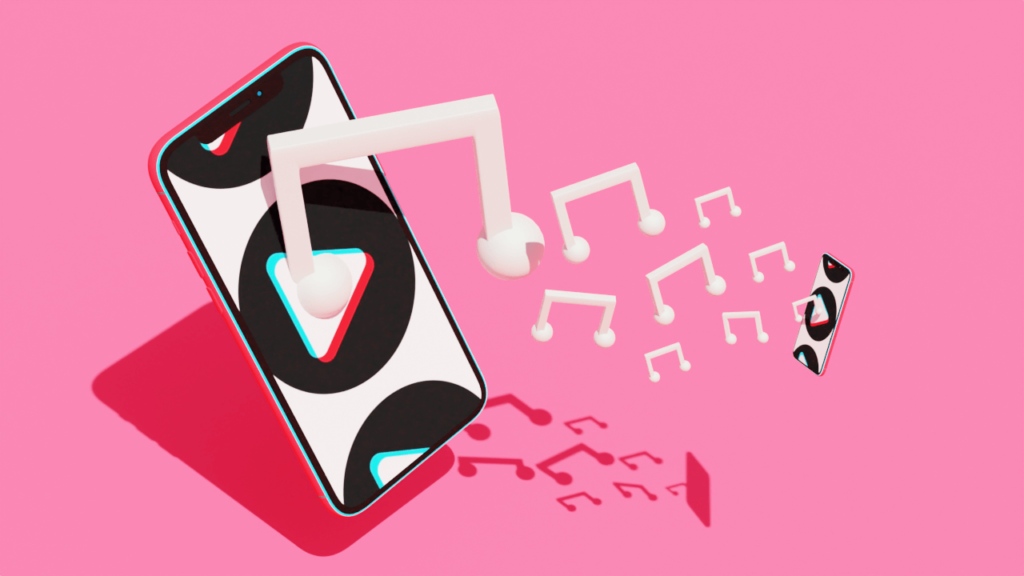
How record companies monitor TikTok performance
Many record labels have staff dedicated to monitoring TikTok in order to stoke the fires of a trending song as it begins to take off.
“Our entire music catalog is effectively tracked on a daily basis,” said Andy McGrath, Sony Music’s senior vice president of worldwide catalog marketing, referring to the label’s older recordings extending back decades. “We’re constantly monitoring actions, reactions, and trends that happen on TikTok.”
Tarek Al-Hamdouni, SVP of digital marketing at RCA Records, stated that the label tracks the efficacy of a TikTok song campaign using a multitude of metrics such as an increase in Spotify streams or variations in YouTube audience numbers.
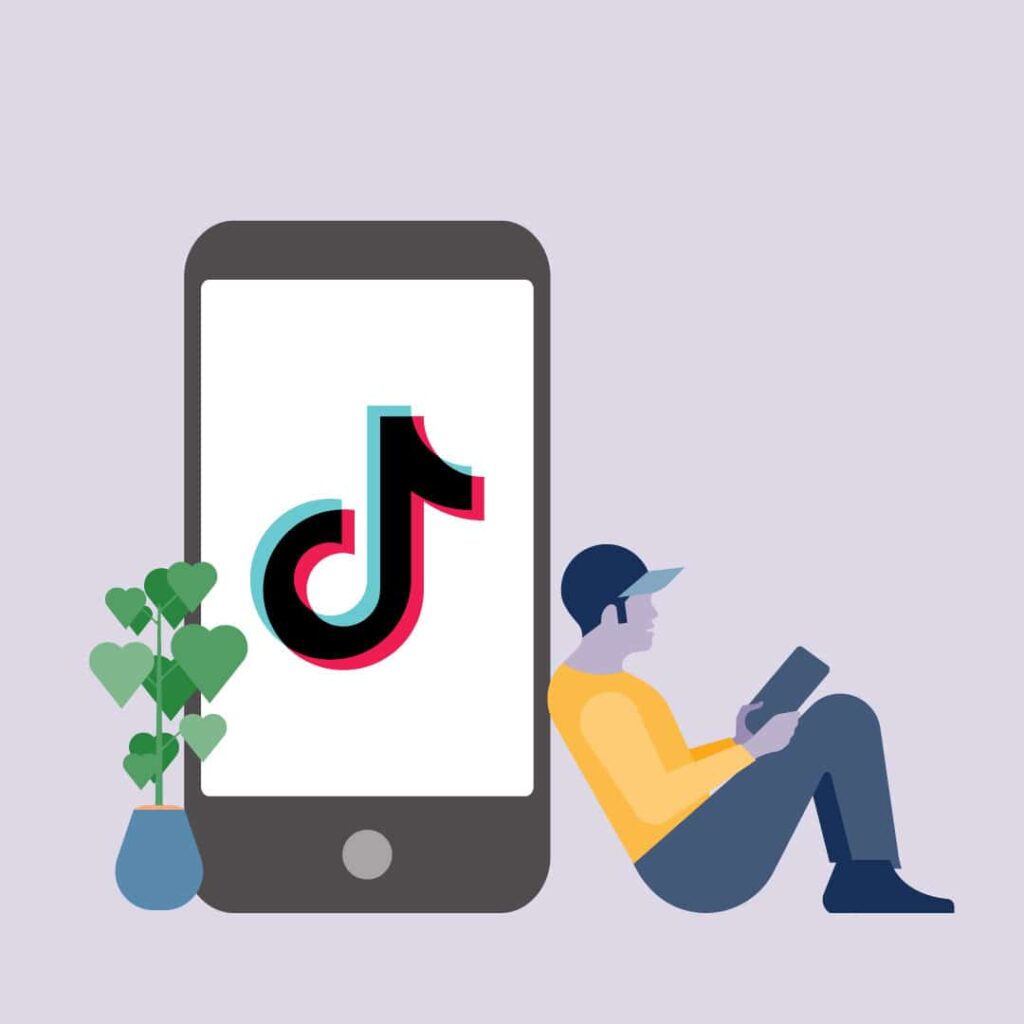
“If I see that in the course of a week our audience [on YouTube] went from being primarily 25- to 34-year-old male and a week later the majority is 13-to-24 female, then that’s a pretty easy bridge to connect between those two platforms,” Al-Hamdouni said in an interview with Insider
While TikTok is frequently used to promote a newly released music, some artists use the app much early in the creation process.
Tiagz (Tiago Garcia-Arenas), a Canadian rapper, amassed a fan base of 4.1 million on the app by producing songs that explicitly referenced the app’s popular memes and trends, thereby manipulating its search and content suggestion algorithms.
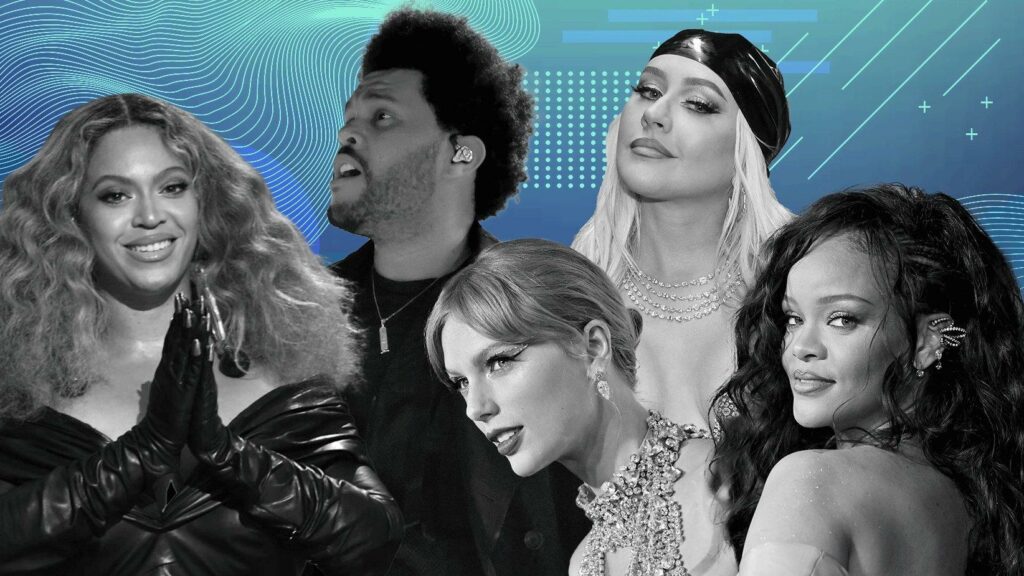
“I tried to understand the platform,” Tiagz explained to Insider. “I kept doing these memes because I saw that it worked.”
Mashups and remixes
TikTok is a popular platform for remixes.
Songs are regularly altered on the app, whether they are sped up, slowed down, layered with a clap track, or mashed up with another track.
Record labels and marketers are cooperating with remix and mashup artists as part of their TikTok song release strategy to capitalize on the trend. The strategy expands on what musicians have always used to promote their tunes in front of a larger audience.
“Back in the day, you’d go get a bunch of club DJs to remix your records so that you could appeal to the drum-and-bass market, the techno market, the underground market,” Nima Nasseri, the A&R head for UMG’s music strategy and tactics team, explained. “You want to be able to have your record get discovered in spaces that it normally wouldn’t be discovered in.”
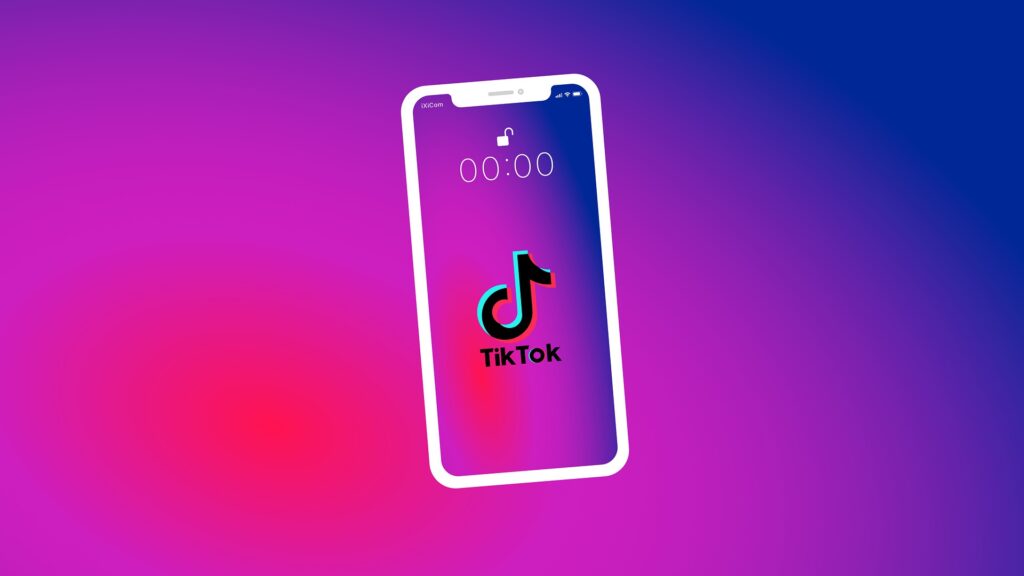
TikTok weariness is spreading among artists.
Not every artist enjoys spending time on TikTok.
Because of the app’s grip on the music industry, some artists have spoken out about the pressure they feel to be content makers.
“TikTok has now become a whole other part of our job that takes up such a significant amount of time,” performer Taylor Upsahl explained to Insider. “As artists, we’re all still in a transitional phase of like, ‘Okay, cool, how do we find time and energy to now be essentially content creators and influencers?'”
The internal music branch of TikTok
Not all TikTok song trends are coincidental or the result of external music marketing operations.
TikTok also has an internal music division that tracks music trends on the app. The company’s music team, led by former Warner Music digital head Ole Obermann, manages artist and record label connections, licensing negotiations, and newer products such as SoundOn and Resso.
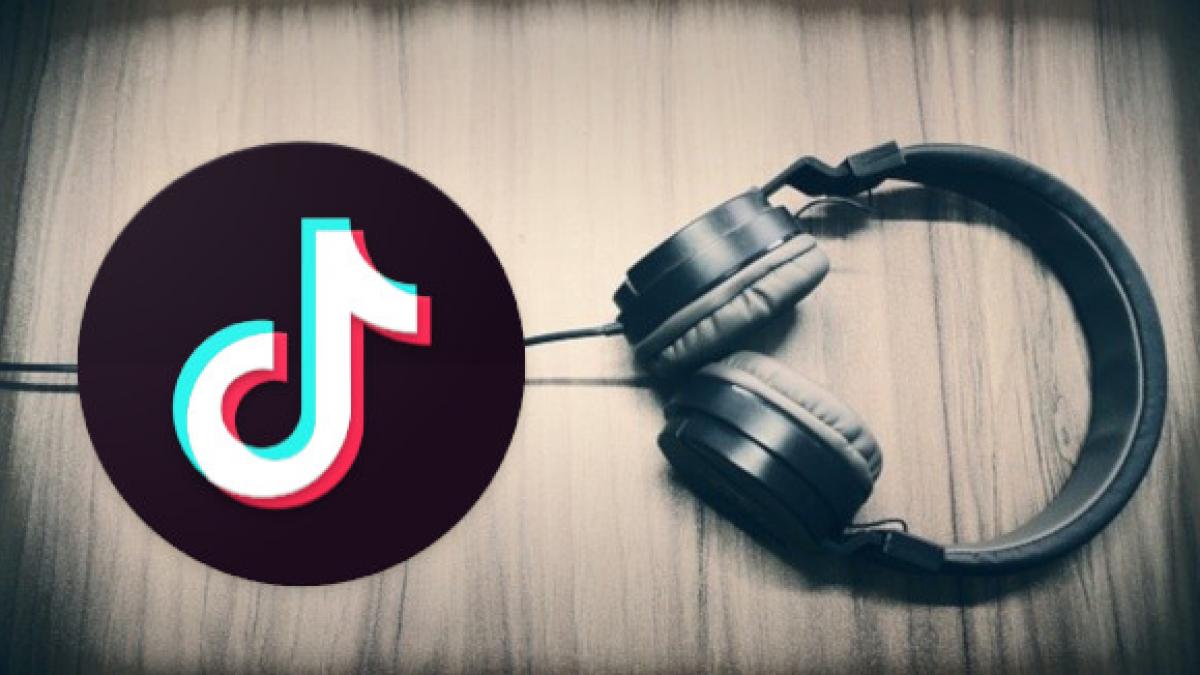
Insider 2022 identified the 25 music executives and employees at TikTok and its parent company, ByteDance, who are driving the plan.
TikTok’s music operations team use a number of “promo levers” to increase the popularity of songs. The corporation can add new tracks to playlists in the app’s “Sounds” section and use keywords on the back end to improve song discoverability in the app’s search interface.
When Taylor Swift and Beyoncé first joined TikTok, the platform’s editorial team overrode its own algorithm to enhance their views..
Organizing private listening sessions with TikTok developers
Some artists and labels collaborate with TikTok’s staff to arrange secret listening sessions with creators to promote a song before its release.
Miley Cyrus’ team collaborated with TikTok in the summer of 2020, as she was about to release her single “Midnight Sky,” to plan two private Zoom conversations with around 15 creators to give them an early listen to the music.
“These creators are needed in the process,” Olivia Rudensky, founder and CEO of Fanmade, a marketing and fan engagement startup that works on digital strategy for clients such as Miley Cyrus and Hailey Bieber, told Insider. “They’re just as important as all the relevant stops when you’re doing promo or when you’re going to tastemakers because they really are the audience that’s making or breaking music right now.”
Similar events have been attended by singers such as Khalid, Demi Lovato, and Marshmellow. A listening session with creators might assist an artist’s marketing team in understanding the types of films or song snippets that may break through on TikTok.
A TikTok Music streaming app has been created.
TikTok expanded its presence in the music industry in July by introducing TikTok Music, a dedicated music-streaming app, in Brazil, Indonesia, Australia, Mexico, and Singapore.

For several years, ByteDance had been testing an app named Resso in India, Brazil, and Indonesia. By replacing Resso with a TikTok-branded product, the firm may be able to better connect its core app, known for music discovery, to a comprehensive audio-streaming subscription service.
To discover more about how TikTok Music works, Insider tested it in Singapore, where it was released in closed beta. TikTok Music, like TikTok, has a “For You” feed of recommended content as well as a range of social elements that set it distinct from incumbents like Spotify and Apple Music.
“We find in our consumer surveys that younger consumers are more interested in having a more social streaming experience,” said Tatiana Cirisano, a music-industry researcher and consultant at MIDiA Research. “Spotify is starting to offer more things in that vein, but I just see it as an opportunity that’s ripe for TikTok’s taking.”
TikTok has yet to launch a dedicated music app in other markets, such as the United States, despite the fact that its owner submitted a trademark application for the term in May 2022.
How the radio business is reacting to the rise of TikTok
For decades, the radio industry has had to adjust to changes in music consumption as platforms such as MTV, Spotify, and YouTube transformed consumer behaviors.
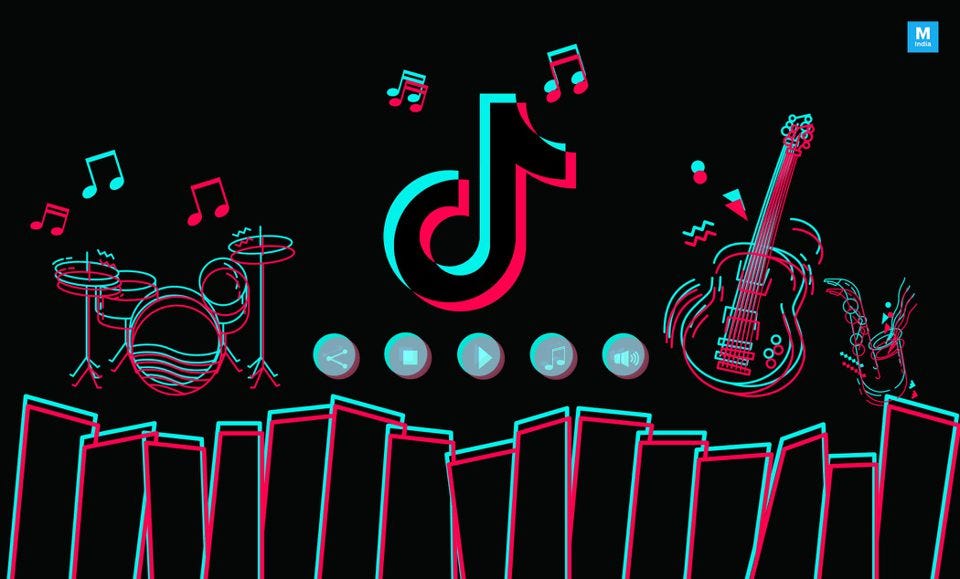
Since the introduction of TikTok, many radio stations and its artists have embraced short-form video as a promotional tool as well as a resource for discovering new music.
“I wound up on TikTok because I was looking for another way to connect with my show’s listeners, [and] I was looking for a way to expand the listenership of my show,” Jeffrey Ramsay, an on-air personality at iHeartMedia’s Denver, Colorado, station HITS 95.7, told Insider.
SiriusXM, which transmits audio via satellite, digital, and partnerships with automakers, went a step further by creating a TikTok Radio channel in collaboration with the short-video app.
“What we do at SiriusXM is very much a complement to some of the other experiences that are available with music digitally,” said Steve Blatter, SiriusXM’s senior vice president and general manager of music programming.
Download The Radiant App To Start Watching!
Web: Watch Now
LGTV™: Download
ROKU™: Download
XBox™: Download
Samsung TV™: Download
Amazon Fire TV™: Download
Android TV™: Download

